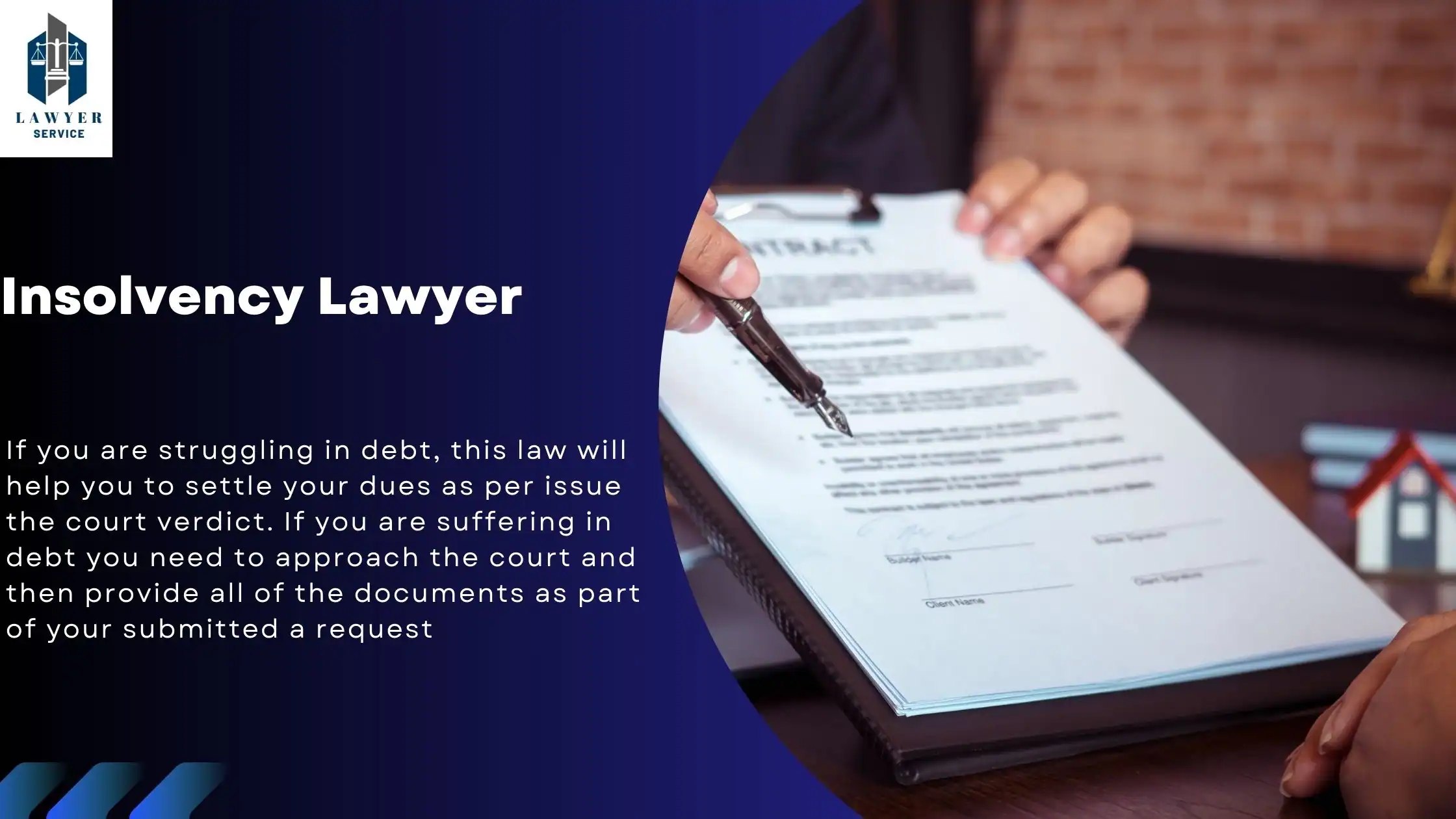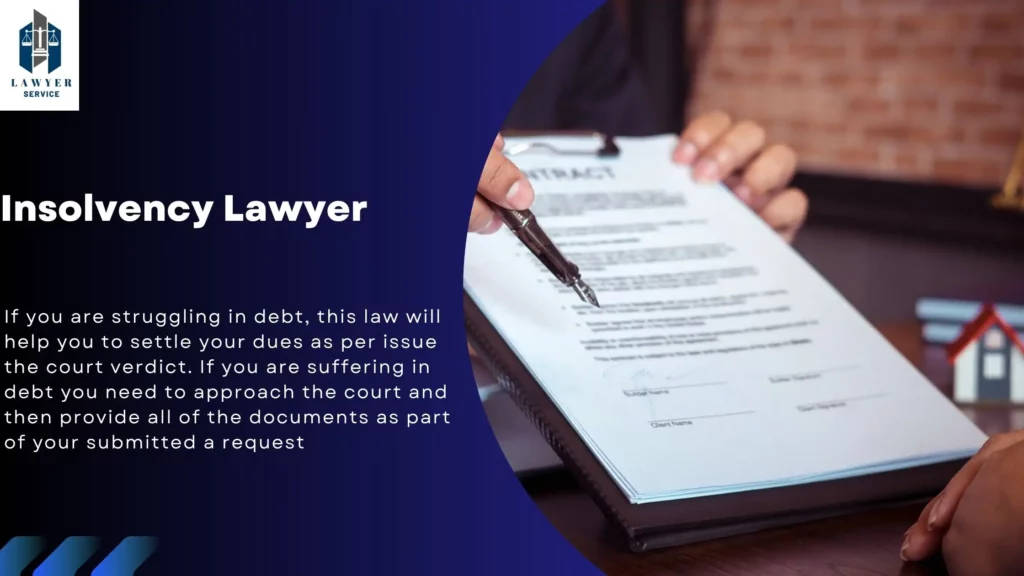

Table of Contents
Overview of UAE insolvency law – Insolvency proceedings in UAE
As a business owner, you understand the importance of financial stability and ensuring the longevity of your company. However, unforeseen circumstances can arise that may lead to insolvency or bankruptcy. In such situations, it is crucial to have a thorough understanding of the insolvency laws in the United Arab Emirates (UAE). In this blog post, we will discuss the UAE insolvency law that governs the process of bankruptcy and restructuring.
Insolvency is a complex and sensitive issue that can have a significant impact on businesses and individuals. When faced with insolvency, it is essential to seek the advice of a professional insolvency lawyer who can guide you through the legal processes and help you protect your interests. We will discuss the role of an insolvency lawyer in the UAE and how they can assist you in dealing with insolvency.
Understanding Insolvency
Insolvency occurs when a company or individual is unable to pay its debts as they fall due. Insolvency can be voluntary or involuntary, and it can lead to bankruptcy or liquidation. An insolvency lawyer can help you understand the legal implications of insolvency and advise you on the best course of action.
Filing for Bankruptcy
If you are facing bankruptcy, an insolvency lawyer can guide you through the process of filing for bankruptcy, which involves submitting a petition to the court. The lawyer can also help you prepare for the bankruptcy hearing and represent you in court.
What are the types of insolvency in the UAE?
The UAE has two types of insolvency: bankruptcy and restructuring. Bankruptcy occurs when a company is unable to pay its debts and is declared bankrupt by a court. Restructuring, on the other hand, involves negotiating with creditors to restructure the debt and avoid bankruptcy.
Liquidation
If your company is insolvent, liquidation may be the best option. An insolvency lawyer can help you with the process of liquidation, including selling assets, paying off creditors, and distributing any remaining proceeds to shareholders.
Debt Restructuring
Debt restructuring involves renegotiating the terms of your debts to make them more manageable. An insolvency lawyer can help you negotiate with creditors to reduce your debts, extend payment terms, or even write off some of your debts.
Creditor Rights:
If you are a creditor and your debtor is insolvent, an insolvency lawyer can help you enforce your rights and protect your interests. The lawyer can assist you in filing a claim against the debtor and represent you in court proceedings.
Protection of Assets:
An insolvency lawyer can help you protect your assets during insolvency proceedings. The lawyer can advise you on how to safeguard your assets and prevent them from being seized by creditors.
Negotiation:
An insolvency lawyer can help you negotiate with creditors to avoid insolvency. The lawyer can help you come up with a repayment plan that is acceptable to both you and your creditors.
Compliance with Laws and Regulations:
UAE Insolvency Law Insolvency proceedings in the UAE are governed by complex laws and regulations. An insolvency lawyer can help you ensure that you comply with all the legal requirements and avoid any legal pitfalls.
Expert Advice
An insolvency lawyer can provide you with expert advice on how to deal with insolvency and help you make informed decisions based on legal requirements and best practices.
In conclusion, UAE Insolvency Law is a complex issue that requires the expertise of a professional insolvency lawyer. An insolvency lawyer can help you navigate the legal processes involved in insolvency and protect your interests. If you are facing insolvency in the UAE, it is essential to seek the advice of an experienced and qualified insolvency lawyer.
GET IN TOUCH
